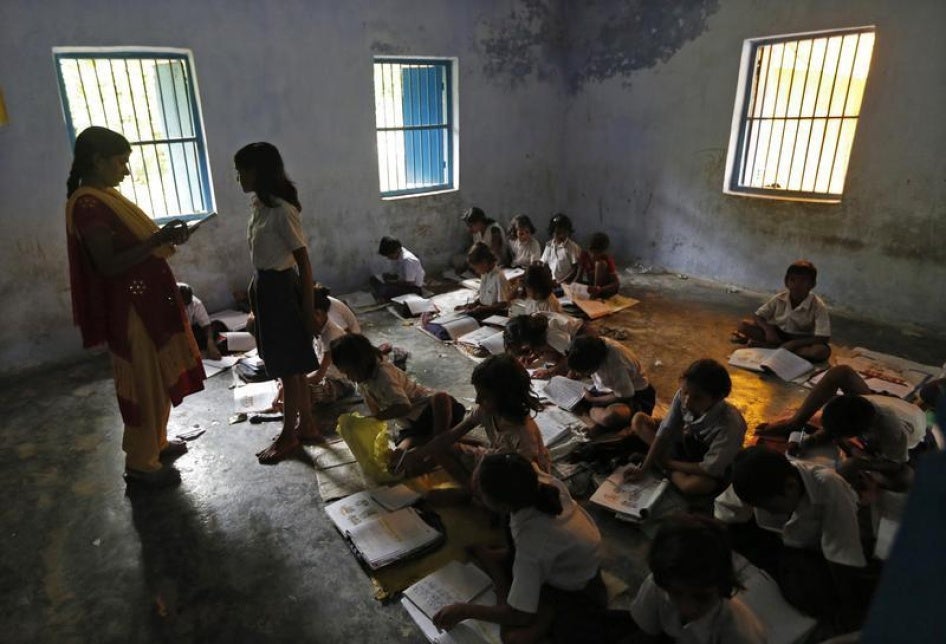Naresh, a 12-year-old boy from India’s eastern state of Bihar, said he often misses school. Naresh, who was born into a Dalit (formerly “untouchable”) family, said he didn’t like his local government school because teachers told him to sit at the back of the class, and students from other castes taunted him as a “dirty” Dalit.
This month Bihar, one of India’s poorest states, is voting for a new legislative assembly. Political parties are busy making promises of growth and development as they woo the state’s 66 million electorate - and in particular its significant Dalit population of 16.5 million, who occupy the lowest economic rung in a state with some of the country’s worst development indicators. And yet there’s been almost no discussion of education, an issue that is critical to the progress of this marginalized population.
At 62 percent, Bihar’s literacy rate already lags behind the national average of 74 percent. Yet literacy among Dalits is much lower, at just 48 percent. Despite the Right to Education Act guaranteeing free and compulsory education to all children in India aged 6-14, Bihar has a much higher proportion of children out of school than the national average, and the numbers are even higher among those from Dalit and tribal communities – at 7.5 percent and 8.7 percent respectively. Girls from these communities fare even worse.
As Human Rights Watch found in the case of 12-year-old Naresh, discrimination by teachers and other school staff, which ranges from overt mistreatment to neglect, fuels truancy and eventually causes many children to drop out altogether. The Right to Education law is implemented poorly, with authorities failing to properly monitor which youngsters are in school, and not doing enough to punish those who exclude Dalits and others.
Bihar’s elections carry the promise of a brighter and a more prosperous future for the state’s impoverished citizens. But voters should demand that their political candidates promise to prioritize quality education for all of Bihar’s children, not just some of them.









